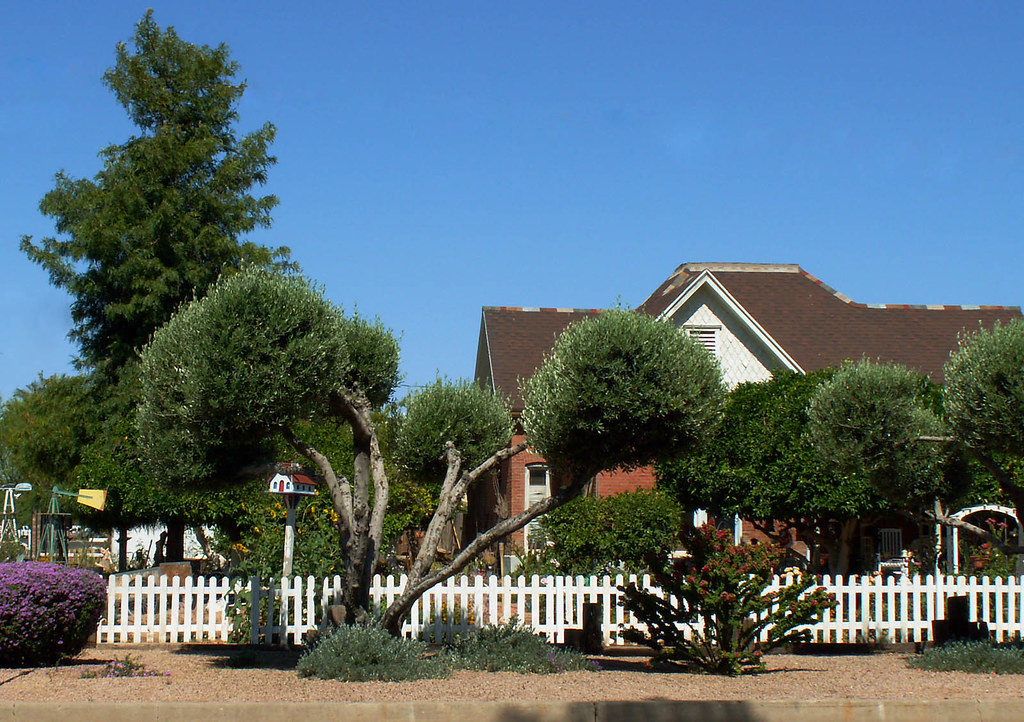It's an easy adequate sensible dive to conclude that trees benefit the environment. After all, when we discuss the disastrous impacts contamination and metropolitan expansion are having on the environment, trees and plants are often in the forefront of our minds. Naturally, the reverse can be assumed to be real. Trees have a terrific effect on the environment due to a number of factors, continue reading to discover how.
It's obvious our cities are getting warmer. This is mostly down to the consistent reduction of trees integrated with an increased quantity of structures and roadways. It's relatively predictable, https://tree.home.blog when we build cities we go crazy for green planning, however forty years later on when the trees get exterminated there's no service interested in replacing them.
They keep the sun from reaching heat-absorbing pavements and roadways, along with releasing water vapour into the air. En masse they prove remarkably effective. The slim white barked birch tree can be discovered growing on the hills and mountain sides in the more temperate locations of the far north. It is considered to be a small tree (some birches are even classified as shrubs) with distinct white bark that is marked with fine horizontal lines and a dark green triangular (or rhombus shaped) leaves with saw-toothed edges. The bark, for which the tree is most known for, begins smooth and silvery white then turns brilliant white as it matures. The bark likewise establishes big black cracks in it as it ages.
For centuries, Birch has actually been used to deal with a large number of various conditions. Birch based brews have actually been used to help clean the body of toxic substances or intestinal tract parasites. The leaves have been utilized to treat infections and skin inflammations and the buds have actually been used as diuretic to help with different bladder ailments. The wood coal has been used to help deal with contaminants, the bark, ripped into bands and moistened with water has actually even been used to help supported fractures.
In addition to cooling cities, they keep the atmosphere from heating up. Co2 (Co2) makes up a large amount of the thick gases congesting the atmosphere, wherein heat shines through to the world and is then unable to escape, warming the planet gradually.
Trees respire by absorbing Co2 and launching the oxygen back into the air. They'll take in around 13 pounds a year. It's very little by itself, however an acre of forest will be able to balance out a car driving 26,000 miles. In those terms, we should certainly be replanting as eagerly as possible.
This one uses more to domestic gardens and larger parks. Trees are unequaled in the assistance they offer to any varieties of local British wildlife, from birds and mammals to amphibians. Hedging is particularly helpful, it develops passages for wildlife to move about and burrow in, safe zones for them to reside in an otherwise hostile city environment. Fruit trees leave edible food for mammals, where many plants produce berries to sustain birds throughout the entire year.
Throughout the winter season mammals will happily live in the undergrowth of evergreen hedging, and birds will nest in the canopies. When deciduous trees shed their leaves many hibernating animals such as hedgehogs, toads and frogs will tuck themselves under the stack for warmth and security.
Eventually, trees use lots of advantages in terms of ecological cooling and care for the susceptible British wildlife, which is going through a worrying decline. Whether it's on a wider urban scale or in a small piece of personal property, there's plenty to be gotten in planting and defense of trees.











